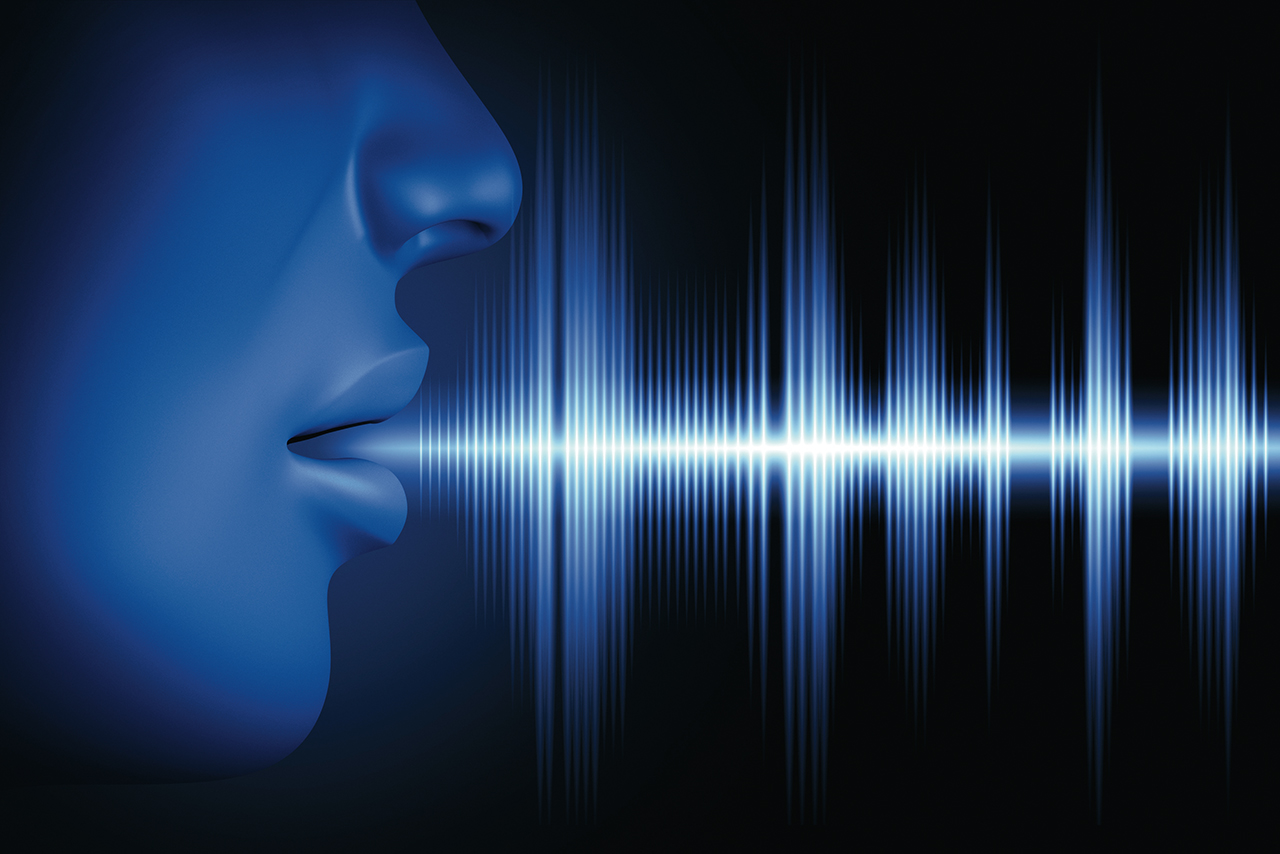Do our voices age?
Yes, as we age our voices change. The changes that we see in our bodies with age (e.g., loss of muscle strength, increase in body fat, thinning of mucous membranes) also affect our voices. Presbyphonia is the term used to describe the changes in our voices that are related to age.
Appears InCommon changes that occur as we age include a weak, breathy vocal quality; higher pitch in males; lower pitch in females; reduced vocal endurance; and reduced volume. Practicing good vocal hygiene such as not smoking, drinking plenty of water, avoiding yelling or shouting, and avoiding drinking excessive amounts of dehydrating beverages (e.g., coffee, soda, caffeinated tea) can help to preserve your voice.
If you are concerned with your vocal quality or the changes that you might be experiencing, it is recommended that you seek an evaluation from an otolaryngologist (ear, nose, throat doctor) or a speech-language pathologist. These professionals will be able to make an appropriate diagnosis and set up a voice treatment program if needed.
Kimberly Adelman, clinic supervisor and instructor, Department of Communication Sciences and Disorders
Our top faculty experts answer questions from the Illinois State University community in the “Ask a Redbird Scholar” section. To submit a question, email Kevin Bersett at kdberse@IllinoisState.edu or tweet it to @ISUResearch. Chosen questions and answers appear in each issue of Illinois State’s new research magazine, the Redbird Scholar. To read other “Ask a Redbird Scholar” posts, visit IllinoisState.edu/RedbirdScholar.


